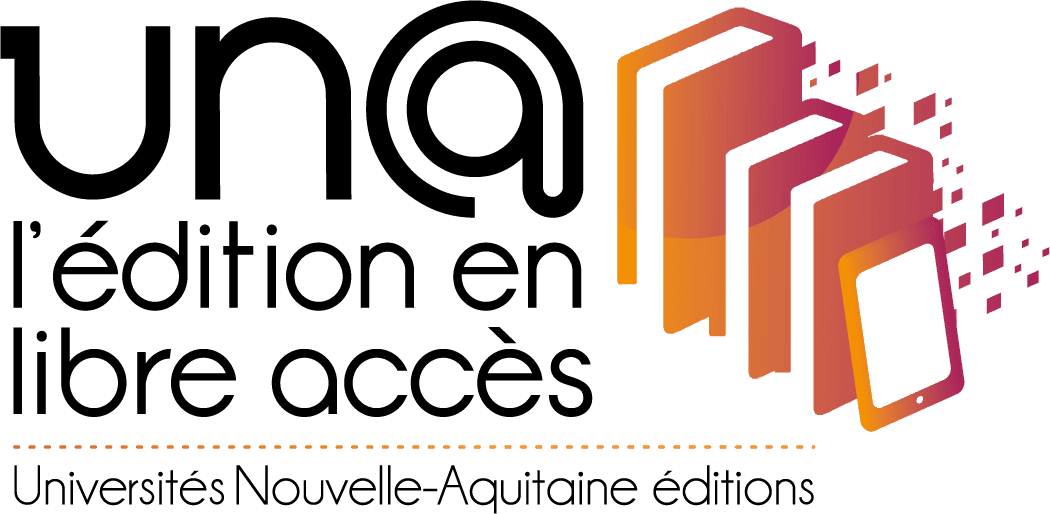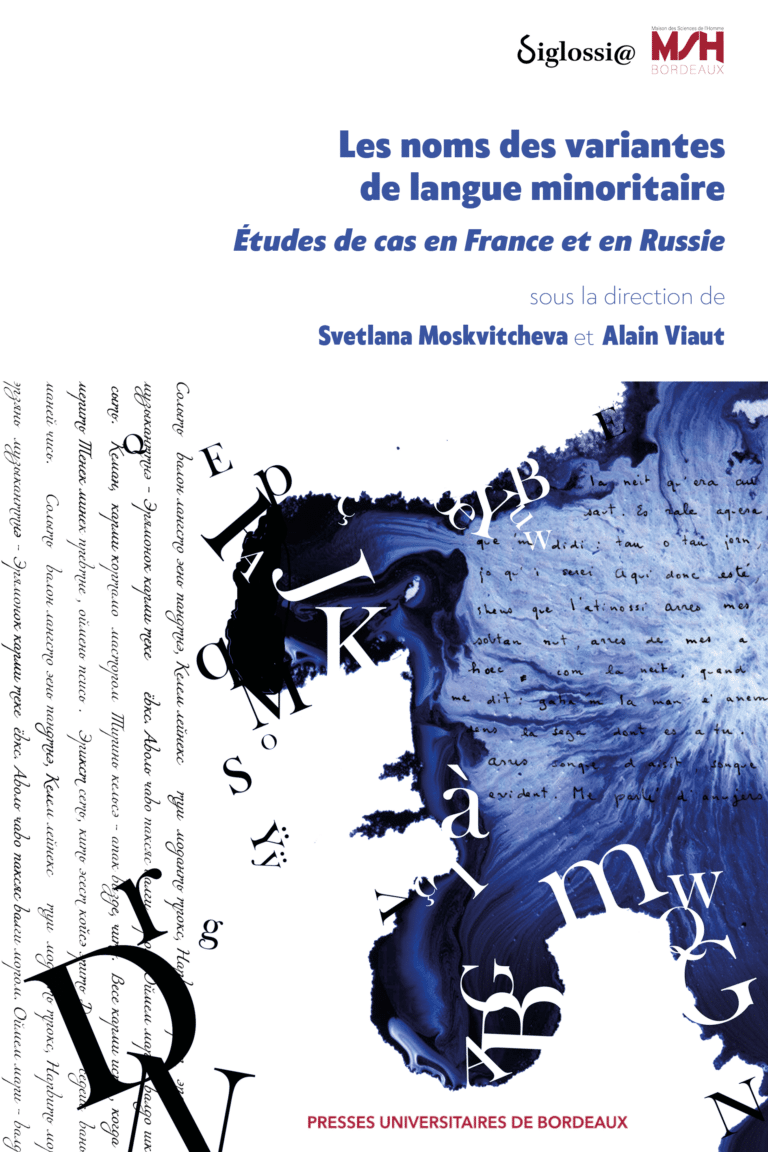Résumé
Au cœur d’un débat assez vif dans son département d’implantation historique, les Pyrénées-Atlantiques et, dans son territoire de pratique héritée, le Béarn, à propos du nom qu’il faut lui donner, le béarnais est un idiome aux multiples représentations. Ici, catégorisé comme une langue autonome, là comme un dialecte ou une variante de l’occitan, il est représentatif d’une fluctuation dénominative remarquable dans laquelle deux « camps » semblent s’opposer. D’un côté, les occitanistes sont partisans d’un ensemble occitan s’étendant sur la quasi-totalité de la partie méridionale de la France. De l’autre, les béarnistes sont en faveur d’une individuation du béarnais et du gascon par rapport à ce même ensemble, ensemble la plupart du temps rejeté par ces derniers car décrit comme artificiel. La complexité du terrain est d’autant plus étonnante qu’il ne semble pas y avoir non plus de consensus sur les représentations et la catégorisation de l’objet « béarnais » à l’intérieur même de chaque « camp » : langue ?, dialecte ?, variante ?
Pour tenter de cerner au mieux ce terrain et ce qu’il cristallise dans les représentations des locuteurs et des acteurs de l’idiome, nous proposons dans cette étude, après une contextualisation sociolinguistique et un détour indispensable sur les notions opératoires en sémiotique de désignation, de nomination et de dénomination, une lecture d’enquêtes de terrain menées en deux étapes (du général au particulier). Cette analyse tentera de réaliser un recensement des différentes conceptions investies par le glossonyme « béarnais » au regard des processus liés à la nomination et/ou à la dénomination des langues.
Mots-clés : béarnais, gascon, occitan, dénomination, catégorisation.
The “Bearnese”: an object with complex, polysemic
and contradictory representations
Abstract
At the heart of a lively debate in its historical department of origin, the Pyrenees-Atlantiques, and in its historical territory of practice, the Bearn, on the name to give it, Bearnese is an idiom with multiple representations. Categorised here as an autonomous language, there as a dialect or a variant of Occitan, it is representative of a remarkable fluctuation in naming, where two “camps” seem to oppose each other. On the one hand, the Occitanists are in favour of an Occitan entity that extends over almost the whole of southern France. On the other hand, the Bearnists are in favour of separating Bearnese and Gascon from this same entity, which is mostly rejected by the latter as artificial. The complexity of the field is all the more astonishing as there does not seem to be any consensus on the representations and categorisation of the “Bearnese” object within each “camp”: language, dialect, variant?
In an attempt to better understand this field and what it crystallises in the representations of speakers and actors of the idiom, we propose in this study, after a sociolinguistic contextualisation and essential diversions on the operative notions in semiotics of designation, nomination and denomination, a reading of the field surveys carried out in two stages (from the general to the particular). This analysis will attempt to take stock of the different conceptions invested in the glossonym “Bearnese”, with regard to the processes linked to the designation and/or naming of languages.
Keywords: Bearnese, Gascon, Occitan, naming, categorization.
Беарнский идимом как объект сложных представлений: многозначность и противоречия
Аннотация
Оживленные дебаты относительно номинации беарнского идиома, которые имеют место в департаменте Атлантические Пиренеи, зоне его исторического распространения и в Беарне, территории его исторического употребления, позволяют выявить целый ряд репрезентации, связанных с беарнским идиомом. Где-то он рассматривается как автономный язык, где-то – как диалект или вариант окситанского. В этом смысле беарнский является ярким примером флуктуации номинаций, где могут быть выделены два противоположных «лагеря». С одной стороны – лагерь окситанистов, сторонников окситанского целого, которое распространяется фактически на всю территорию южной Франции. С другой стороны – беарнисты, сторонники отделения беарнского и гасконского от окситанского целого, которое они рассматривают как искусственный конструкт. Дополнительную сложность проблеме придает тот факт, что не существует консенсуса в отношении репрезентаций и категоризации «беарнского» внутри каждого лагеря: язык?, диалект?, вариант?
Чтобы лучше очертить территорию и выявить, что стоит за репрезентациями носителей идиома и акторов различного типа в исследуемой ситуации, в данном исследовании мы предлагаем, после обсуждения вопросов, связанных с социолингвистической контекстуализацией проблемы, а также обсуждения вопросов, касающихся операциональных понятий в аспекте семиотики десигнации, процессов номинации и ее результатов, двухэтапный анализ данных полевых исследований (от общего к частному). Предложенный анализ предпринят с целью выявить различные точки зрения, обусловленные глоссонимом «беарнский», в связи с процессами номинации или деноминации языков.
Ключевые слова: беарнский, гасконский, деноминация, категоризация.





